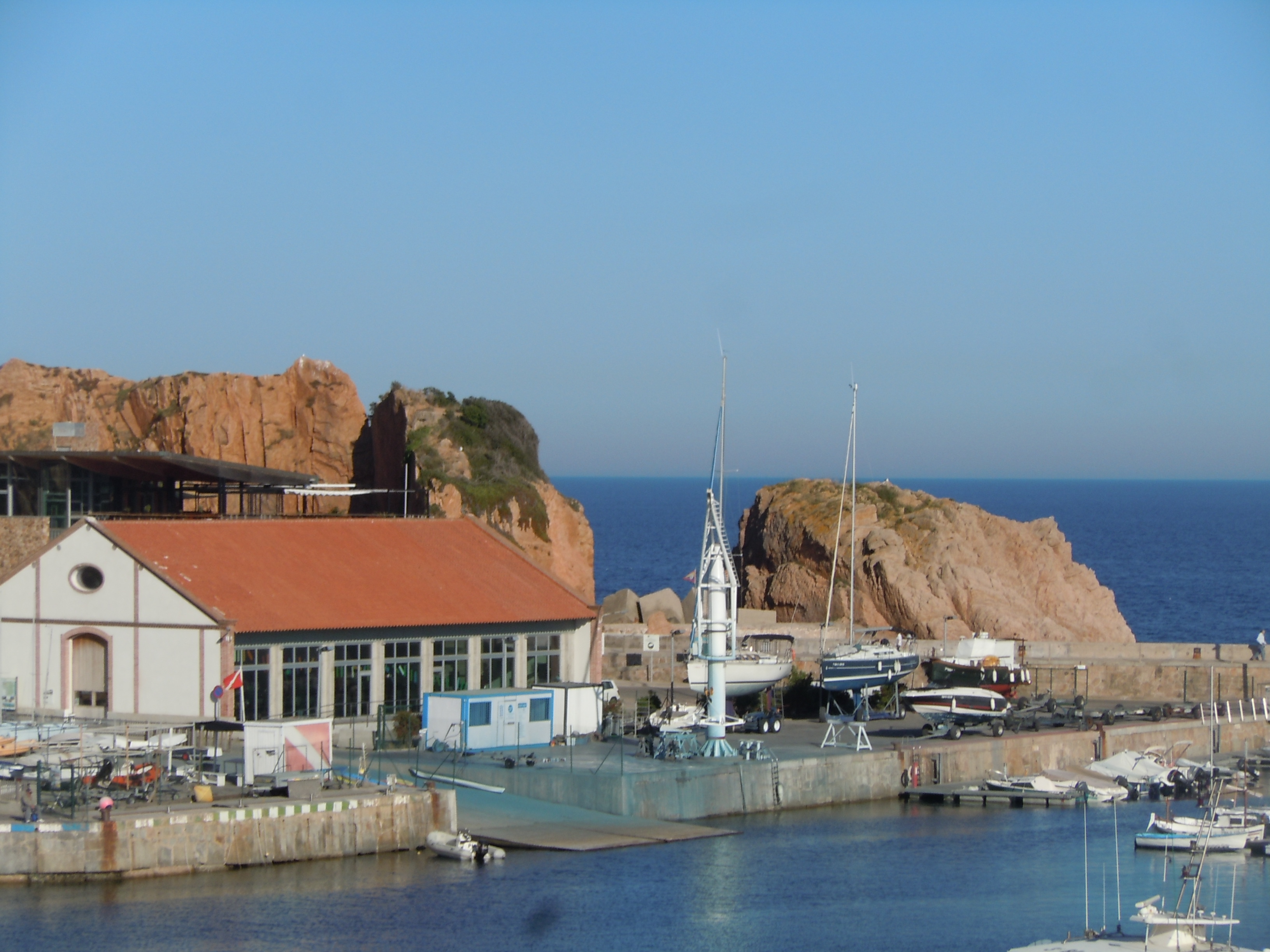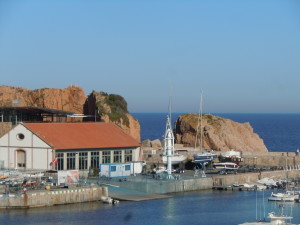Why I NEVER Want to be “Killing It”

I do not use “killing it” or “crushing it” to mean “successful.” Successful does not have to be about dominance and submission, winners and losers. I believe in an abundant, win-win world where we have the power to turn hunger and poverty into sufficiency, war into peace, and catastrophic climate change into planetary balance—while making a nice profit. The words we choose help determine where we (individually and as a society) are going, and how we get there.
In fact, I set up a whole new website, https://goingbeyondsustainability.com, to bring this message home. Somehow, I don’t think it would have the right tone if I had called this website “killingitforsustainability.com”.
Language matters. A lot. I just told a client yesterday to remove the word “dumb” from her vocabulary; she’s building a brand around smart, sexy, socially conscious blondes, and the “dumb blonde” stereotype is the exact opposite of that.
I don’t use the term, “senior moment.” I see elders as more often wise than confused. I’m 58 and I expect to be doing good work for the rest of my life, whether that turns out to be another 50 years, or whether my time turns out to be much more limited. I avoid gender-specific language; it’s almost always possible to find a gender-inclusive way to say something. “Firefighter” rather than “fireman,” “chair” (or the more cumbersome “chairperson”) instead of “chairman.” Since “s/he” or “co” or any other quick substitute for “he or she” hasn’t become common language, I do say “he or she” or “his and her.” Even though it’s clunky, it is less clunky to my eyes and ears than switching gender every paragraph.
Yes, I know that the word “niggardly” (meaning stingy) has nothing to do entomologically with a certain slur-word directed at black people. The root is different. But because the sounds of the words are so close, I would never use it. I don’t want to reinforce any association with the n-word. I’m also careful about words like “savages” or “primitive” or “cripple.” And I even avoid “sucks,” which was introduced as a slur against gay men. So many words are so loaded up with negative baggage that it’s a whole lot easier just not to use them.
Marketers should pay attention, too. Chevrolet made a huge mistake decades ago when it tried to introduce its popular Nova line into Latin America. Nobody bothered to check what that name meant locally. Oddly enough, it turned out that the locals weren’t exactly breaking down the doors to buy a car whose name is Spanish for “it doesn’t go.”
There is one military metaphor that doesn’t bother me at all, however. I use the word “target” to describe a tightly defined market niche. I like the precision of that. And because I’m a Guerrilla Marketing co-author, I use the phrase “guerrilla marketing.” But if I had been naming the brand, I’d have chosen something less grounded in war (and maybe easier to spell).


